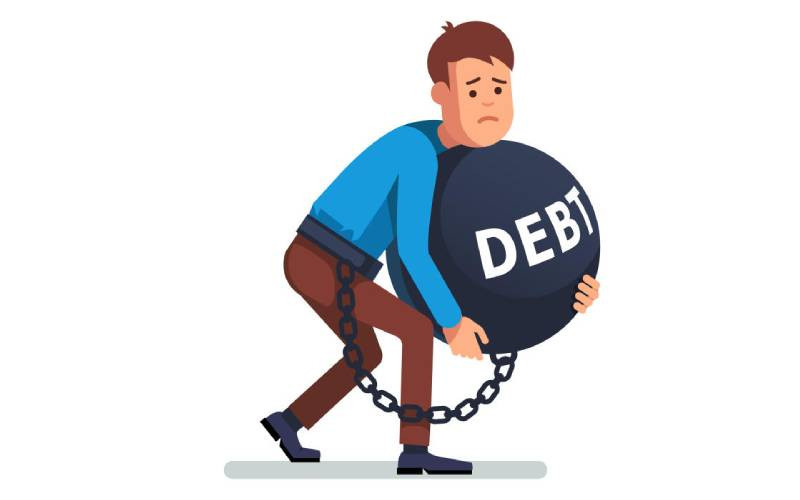×
The Standard e-Paper
Smart Minds Choose Us

Debt has rattled Kenyans in the last two decades, with the belief that the country has over-borrowed.
We heard that during election campaigns last year and on the streets - never mind that we have over-borrowed as individuals. Online lending platforms and shylocks are doing very well. Remember the hue and cry over CRB listing?